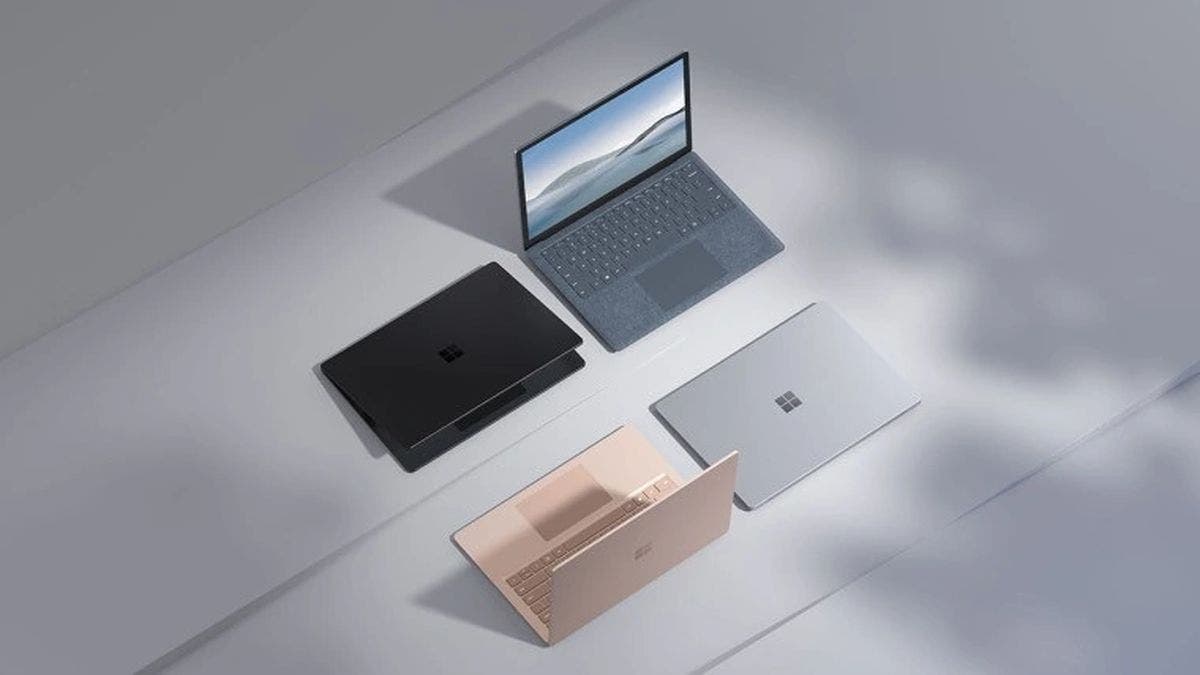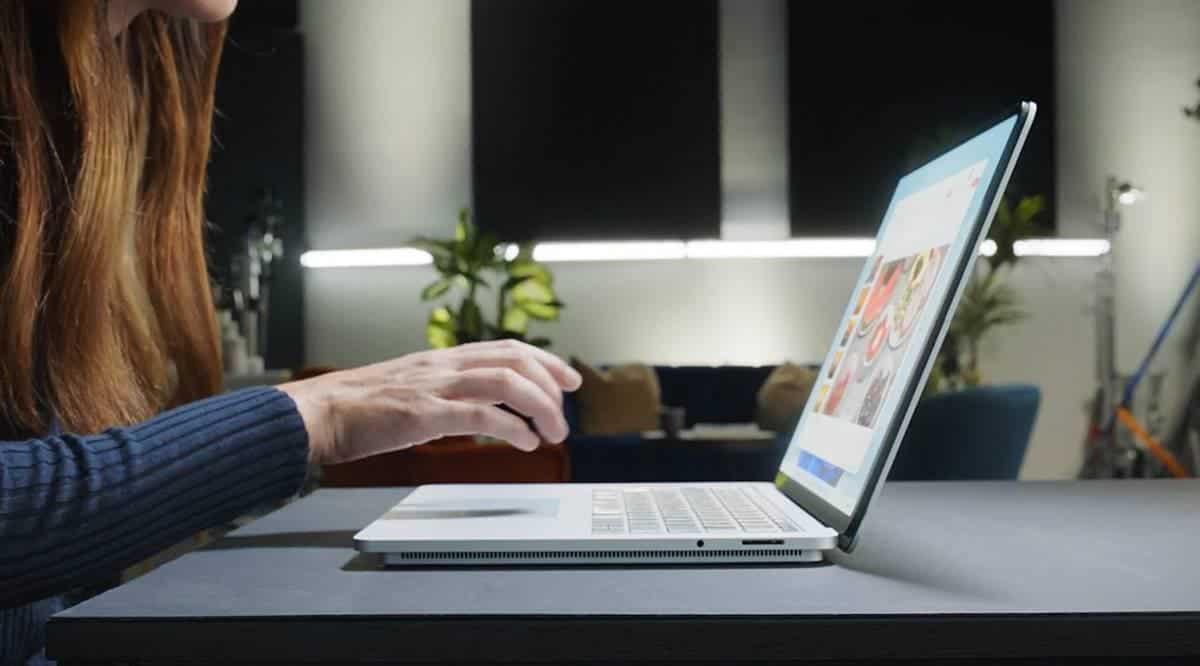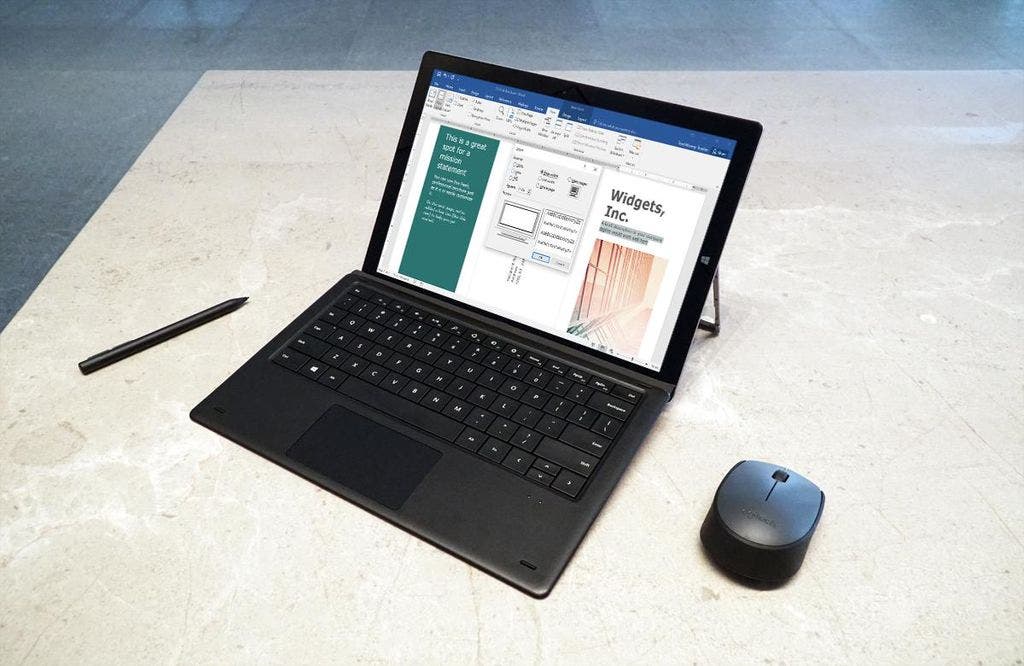Laptops are essential tools for many people, but they don’t last forever. Over time, they can start to slow down, become less reliable, and even break down altogether. If you’re starting to notice any of the following signs, it’s probably time to start thinking about replacing your laptop.
The Signs That It’s Time to Replace Your Laptop

1. Your laptop is slow.
One of the most obvious signs that it’s time to replace your laptop is if it’s become slow. This can be caused by a number of factors, including a full hard drive, outdated software, or a faulty processor. If your laptop is taking longer and longer to start up, load programs, or open files, it’s probably time for a new one.
2. Your laptop crashes frequently.
Another sign that your laptop is on its last legs is if it crashes frequently. This can be caused by a number of problems, such as overheating, a faulty hard drive, or a corrupted operating system. If your laptop is crashing regularly, it’s time to take it to a repair shop or start looking for a new one.
3. Your laptop’s battery life is poor.
Laptops are designed to be portable, but if your laptop’s battery life is poor, it can be a real pain to use. If you find yourself constantly having to plug your laptop in, it’s time to consider getting a new one.
4. Your laptop’s screen is damaged.
Laptop screens are often the first thing to go wrong. If your laptop’s screen is cracked, scratched, or otherwise damaged, it’s not only unsightly, but it can also make it difficult to use. If your laptop’s screen is damaged beyond repair, it’s time to replace it.
5. Your laptop is no longer compatible with the latest software.
As new software is released, it often requires newer hardware to run. If your laptop is a few years old, it may not be compatible with the latest software. This can be a major problem if you need to use the latest software for work or school.
6. Your laptop is no longer secure.
Laptops are constantly under attack from viruses and other malware. If your laptop is not up to date with the latest security patches, it’s at risk of being hacked. If you’re concerned about the security of your laptop, it’s time to replace it with a newer model.
7. You need more features.
If you’ve outgrown your laptop and need more features, such as a larger screen, a faster processor, or more storage space, it’s time to replace it.
8. You’re just ready for a new laptop.
Sometimes, the best reason to replace your laptop is simply because you’re ready for a new one. If you’ve had your laptop for a few years and you’re starting to feel like it’s time for a change, there’s no harm in upgrading.

Tips for choosing a new laptop:
- Consider your needs. What will you be using your laptop for? If you’re a student, you’ll need a different laptop than if you’re a business professional.
- Set a budget. How much are you willing to spend on a new laptop?
- Do your research. Read reviews and compare different models before you make a decision.
- Buy from a reputable retailer. This will help ensure that you get a quality product.
With a little planning, you can choose the perfect new laptop for your needs. So don’t wait any longer, start shopping today!
Tips for extending the lifespan of your laptop:
- Keep your laptop clean. Dust and dirt can build up over time and slow down your laptop.
- Defragment your hard drive regularly. This will help your laptop access files more quickly.
- Update your software regularly. This will help protect your laptop from security threats.
- Back up your data regularly. This will help you recover your data if your laptop is lost or damaged.
By following these tips, you can help your laptop last longer and avoid the need to replace it prematurely.
Additional considerations when choosing a new laptop:
- The size and weight of the laptop. If you’ll be carrying your laptop around with you, you’ll want to choose a lightweight model.
- The battery life. Make sure the laptop has a long enough battery life to meet your needs.
- The screen. The screen is one of the most important aspects of a laptop, so make sure you choose one that’s comfortable to look at and has a good resolution.
- The processor. The processor is the brains of the laptop, so it’s important to choose one that’s powerful enough to handle the tasks you’ll be using it for.
- The RAM. RAM is the short-term memory of the laptop, so it’s important to choose a laptop with enough RAM to handle the number of programs you’ll be running at once.
- The storage. The storage is where your files and programs will be stored, so make sure you choose a laptop with enough storage space to meet your needs.
- The graphics card. If you’ll be using your laptop for gaming or other graphics-intensive tasks, you’ll need to choose a laptop with a good graphics card.
- The operating system. The operating system is the software that controls the laptop, so make sure you choose one that you’re familiar with and that’s compatible with the software you’ll be using.

Additional things to keep in mind when choosing a new laptop:
- The brand. Some brands are more reliable than others, so do your research and read reviews before making a decision.
- The warranty. Make sure the laptop comes with a warranty that covers repairs or replacements in case something goes wrong.
- The after-sales service. Some retailers offer good after-sales service, so it’s worth checking this out before you buy.
- The type of laptop. There are many different types of laptops available, each with its own strengths and weaknesses. If you’re not sure what type of laptop is right for you, it’s a good idea to talk to a salesperson or do some research online.
- The port selection. Make sure the laptop has the ports you need. If you plan on using external devices, such as a printer or an external hard drive, make sure the laptop has the necessary ports.
- The keyboard and trackpad. The keyboard and trackpad are two of the most important parts of a laptop, so make sure they’re comfortable to use. If you’re a touch typist, you’ll want to make sure the keyboard has a good layout and that the keys have a good amount of travel. The trackpad should also be responsive and easy to use.
- The display. The display is another important aspect of a laptop. Make sure the display is bright enough and has a good resolution. If you’ll be using the laptop for gaming or watching videos, you’ll want to make sure the display has a high refresh rate.
- The battery life. If you’ll be using the laptop on the go, you’ll want to make sure it has a long battery life. Most laptops have a battery life of around 6-8 hours, but some models can last up to 10 hours or more.
- The weight and size. The weight and size of the laptop are also important considerations. If you’ll be carrying the laptop around with you, you’ll want to choose a lightweight and portable model.
By taking the time to choose the right laptop, you can avoid buyer’s remorse and get a product that you’ll be happy with for years to come.
Conclusion
Choosing a new laptop can be a daunting task, but by following these tips, you can find the perfect laptop for your needs. By considering your needs, setting a budget, doing your research, and buying from a reputable retailer, you can be sure to get a quality product that will last for years to come.





